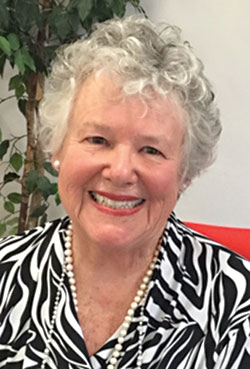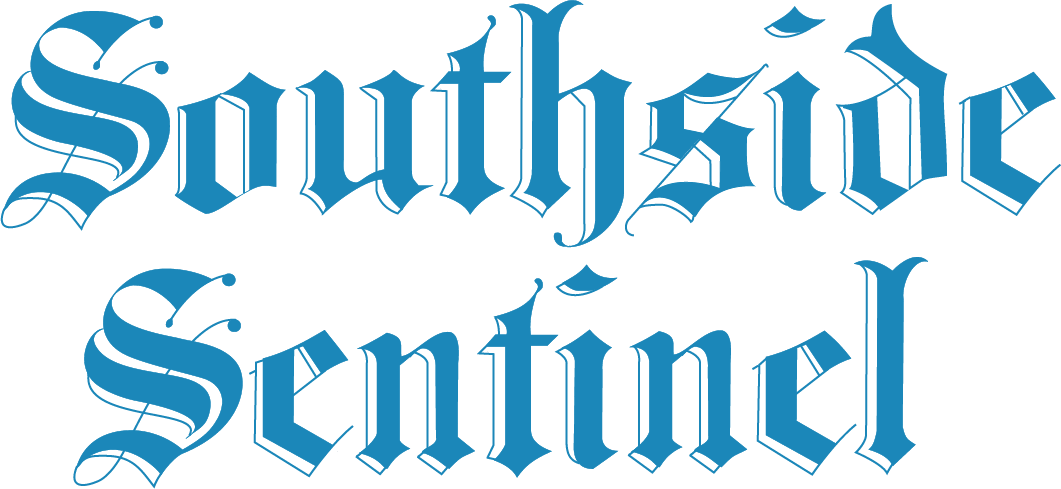
by Mary Wakefield Buxton –
Part 1 • Part 2 • Part 3 • Part 4
Part 5 • Part 6 • Part 7
Urbanna Va.— Another problem with traveling, as soon as one arrives, the weather turns rotten. Don’t ask me why. The natives always say, “We are having such strange weather! It’s usually never like this!”
Thus, true to form, it rained and rained in Vienna. The streets were wet and glistening and the temperature cold. “Lucky it isn’t snowing,” Chip said, a remark meant to cheer any spirits deemed flagging.
He seemed to be experiencing no suffering due to the six-hour time change and went merrily off on a tour while I lay in bed. I read a USA TODAY and was painfully aware that I knew no German, other than “auf weidersehen,” which I couldn’t wait to say. I felt terrible . . . they call it “jet lag,” which is a near death sensation that comes with so much misery that you wish it would happen as quickly as possible just to feel better fast.
That night as we were leaving the hotel for dinner I heard shouting on the street outside the hotel. The ruckus was accompanied by beating of drums. “What is that commotion?” I asked the door man.
“Oh, it’s just the Kurds. They’re mad because the Turks are bombing them.”
“But what have the Austrians to do with the Kurds and the Turks?” I asked, only to hear there was a large colony of Kurds and Turks living in Vienna that came in during the European Union’s open door policy.
I sighed. Why is it that everywhere I travel there seemed to be an uprising or protest going on? In Japan I was caught in a communist march against Americans to protest a nuclear sub expected in Sasebo, another massive communist demonstration in Greece angry with the EU austerity program, a labor dispute in Rome that shut down the city just as we were trying to leave, and now this. How I wished I were back home in Urbanna!
“Come, dear, we’re headed to an Italian restaurant,” and Chip guided me through the shouting and drum banging Kurds. Police cars were everywhere. We cut through an exquisite shopping mall near our hotel and exited the other end to find peaceful shelter in a charming Italian cafe.
Ah, spaghetti, comfort food, and we marveled as our Italian waiter spoke English to us, German to his boss, French to the couple next to us and Spanish to others. We learned an immigrant cannot become an Austrian citizen without learning German. He said he also spoke Hungarian. It’s amazing how Europeans manage to learn so many languages.
That night we slept 12 hours before stirring and joined the group the next morning for a bus tour through the city. I felt better and it was thrilling to see the Blue Danube, it really was blue, one direction went north to Germany and the other direction went south to Budapest and beyond all the way to the Black Sea. Various cruising ships, low slung boats able to pass under the numerous bridges, were moored along city docks.
Our guide explained there were four Danube rivers today passing through Vienna because the original river, the “Alte Donau,” had to be tamed as it was once a wild and dangerous river that periodically flooded the area causing valuable land along the river to be uninhabitable marshland. German engineers first converted a section of the river to a lake, which is now used for water sports and summer houses. They then created the “New Danube” separated from the Danube by a 15-mile island park. These changes to the natural river course allowed Vienna to reclaim the marshland along the river to useful city land. Later, the city built the “Danube Canal,” diverting even more of the river through another section of the city in order to gain even more flood protection.
It was exciting to see the famous golden statue to Johann Strauss and also his apartment where he composed the “Blue Danube,” arguably his most famous waltz and now considered a national anthem to the Austrian people. It’s played especially on New Year’s Eve with much dancing in the streets.
Vienna is known to many Americans by the movie “The Third Man,” a black-and-white film set right after WWII when Russians and Western allies controlled the city. The book was written by English novelist Graham Greene. Our tour passed the same Ferris wheel where the fictional criminal, Harry Lime, met his old friend. Later, we passed the entrance to the Vienna sewer system where Harry Lime had met his end. The city sponsors “The Third Man” tours and tourists can even enter the sewer to see where Harry Lime had died.
I passed up this golden opportunity, however. As much as I like literature, there are some levels at which I do not care to pursue.
(Continued next week)
©2019



